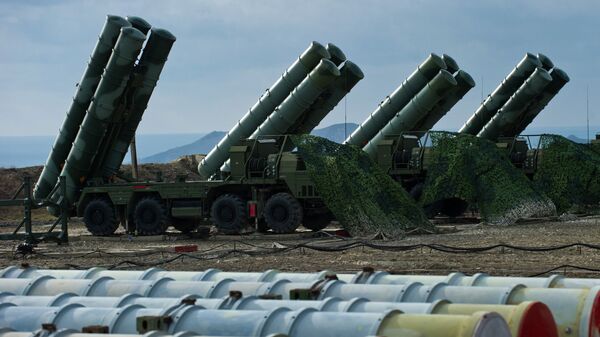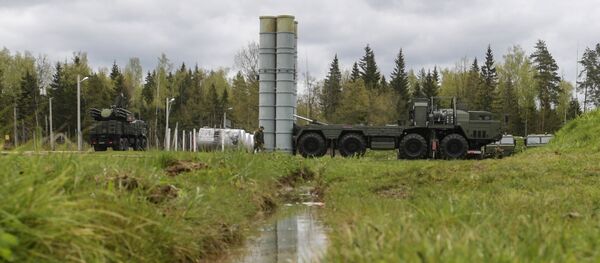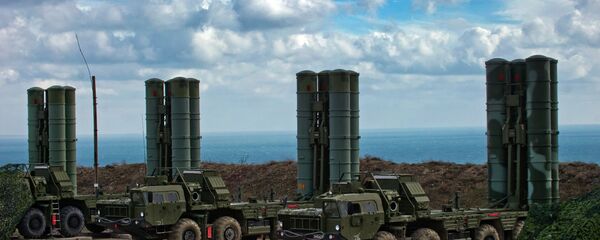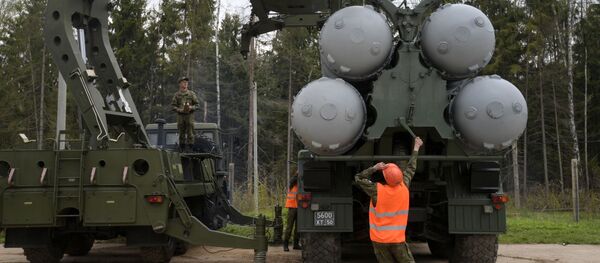"The negotiations are coming to an end. This I can clearly state. Minor points relating to the agreement remain to be clarified. However, in general terms, the agreement has already taken shape," Kalin said as quoted by Turkey's Anadolu news agency.
The Russia-Turkey talks on the delivery of S-400 systems have taken place since 2016.
In March, Sergei Chemezov, CEO of Russia’s Rostec Corporation, said Ankara was ready to buy the systems with a loan granted by Moscow. On July 18, Chemezov said technical issues of the contract for the supply of the S-400 systems to Turkey had been resolved, with only administrative ones remaining.
Mustafa Kibaroglu, director of the Center for International Security Studies and Strategic Research at the Istanbul-based MEF University, said that NATO’s missile defense systems couldn’t protect the entire Turkish territory, especially in the south and southeast.
"Some may say that Turkey was integrated into the NATO missile defense after the Chicago summit in 2012 and that measure was sufficient. However, due to certain geographical and technical issues, NATO’s missile defense doesn’t cover the entire territory of Turkey. Vast areas in the country’s south and southeast remain unprotected. This is a fact. The Turkish government will not sit around while a real threat exists," Kibaroglu said in an interview with Anadolu.
Kibaroglu pointed out that NATO politicians and military officials have intensified their criticism and increased pressure over Ankara as the Russia-Turkey deal is taking shape.
Turkey buying the S-400 from Russia "would be concerning," the chairman of the US Joint Chiefs of Staff, Gen. Joseph Dunford, said recently.
In turn, US Defense Secretary James Mattis said that the possible deal between Russia and Turkey raises questions about the technical and operational compatibility of the S-400 with NATO’s standards and Ankara would have to explain why it chose the Russian-made weapon.
Commenting on the concerns, Turkish President Recep Tayyip Erdogan said Monday that they are unreasonable and Ankara has every right to take measures to ensure its national security.
Kibaroglu underscored that NATO officials know that the S-400 system can easily interoperate with the alliance’s systems, posing no threat to the security of the military bloc.
"However, as one NATO representative said, Brussels doesn’t like the deal due to political reasons," the expert noted.
According to Kibaroglu, Turkey needs to build a capable national missile defense system and compensate for the shortcomings of the NATO missile defense.
The S-400 Triumph is a next-generation mobile surface-to-air missile system that can carry three different types of missiles capable of destroying aerial targets at a short-to-extremely-long range. It is designed to track and destroy various types of aerial targets, from reconnaissance aircraft to ballistic missiles.
The system integrates a multifunctional radar system, autonomous detection and targeting systems, anti-aircraft missile systems, launchers, and a command and control center.






